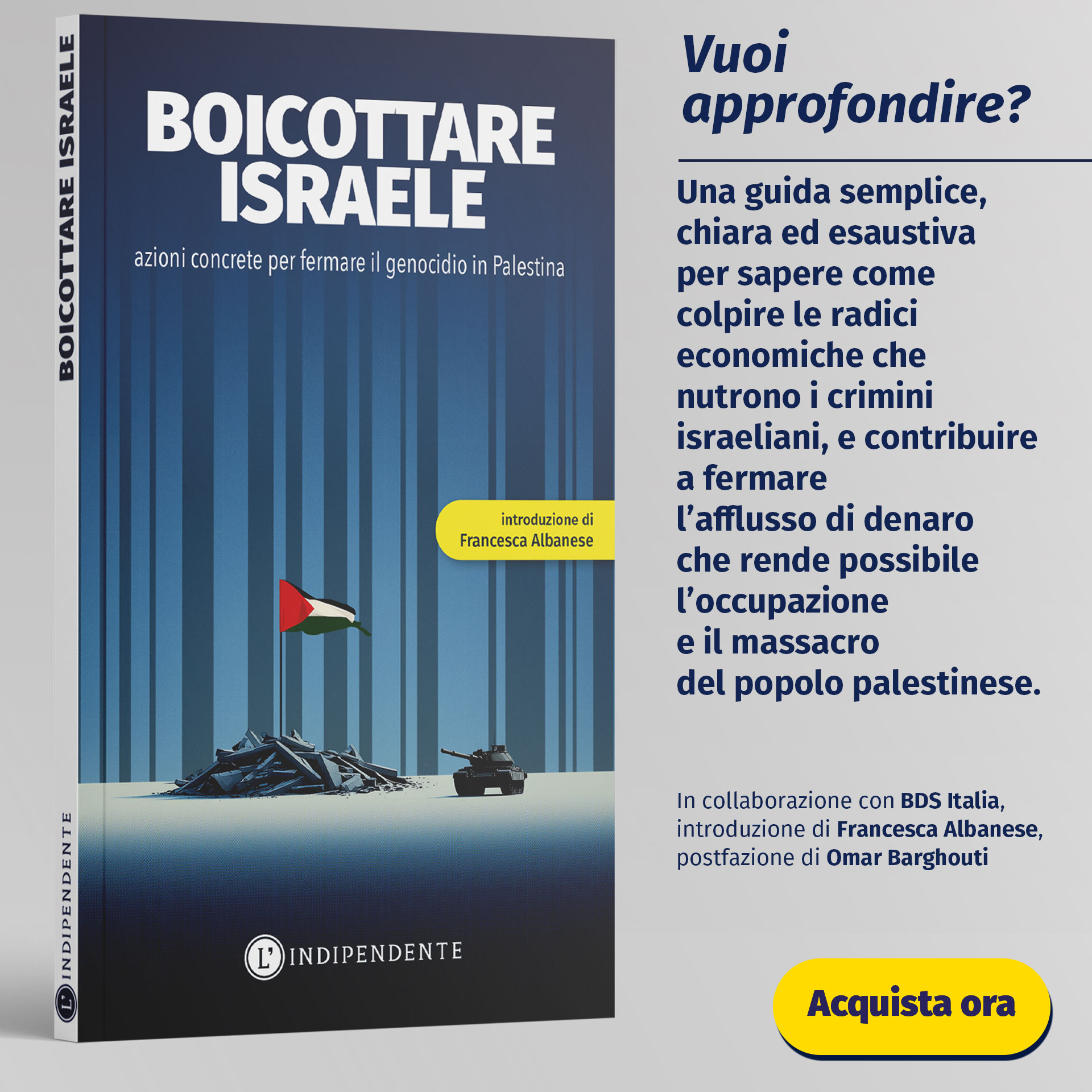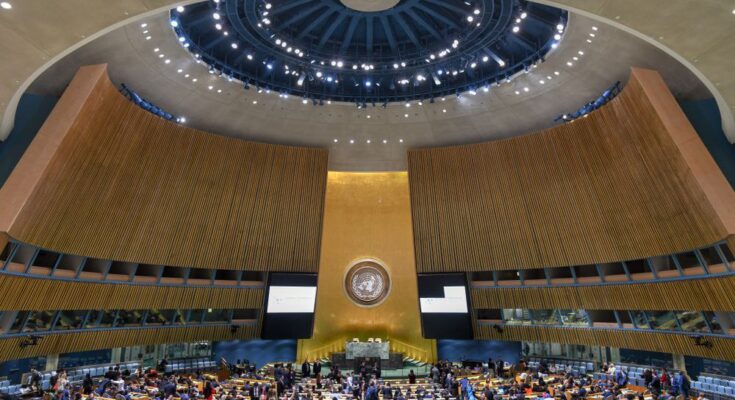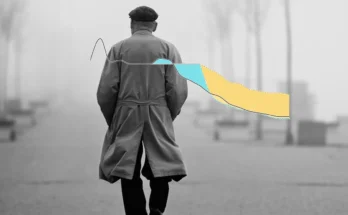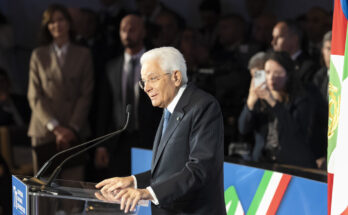The United Nations Security Council approved the resolution proposed by the United States on the Gaza Strip last night, assembling 13 votes in favor from 15 Member States and Russia and China abstained which avoids the use of veto rights. The 20-point plan, drawn up by American President Donald Trump, provides for the creation of a transitional authority in the Gaza Strip and the deployment of an international stabilization force responsible for overseeing Hamas’ security, reconstruction and disarmament. On the ground, the ceasefire remains fragile: Israel’s prime minister Benjamin Netanyahu reiterated his rejection of the creation of one the state of PalestineWhen Hamas refuses to send international troops to Gaza.
The resolution approved by the UN incorporates Trump’s plan, which aims to create an agency in the Gaza Strip called “Peace Council“, a “transitional government” body in Gaza until December 31, 2027, chaired by Trump and supported by partner countries, with the aim of carrying out government functions, coordinating reconstruction and ensuring the transition to a technocratic form of Palestinian self-government.Palestinian self-determination. The UN’s white smoke gives significant international legitimacy to the plan: the action will now be accompanied by a series of technical and political deadlines that must be quickly translated into concrete steps. Although Trump celebrated the vote on his Truth Social platform as a “historic moment,” Hamas instead he opposed the resolution, judging it “dangerous” and claiming that it did not meet “the political and humanitarian demands and rights of the Palestinian people”.
That Russia and China abstained turned out to be very decisive. Their abstention allowed the resolution to be approved without a vote against, which could have blocked the draft. In recent days, Russia has put forward an alternative plan. Moscow and Beijing, while not officially opposing it, have raised doubts about the definition of the UN’s role in the future governance of the Gaza Strip and how the plan will be implemented. Chinese Ambassador Fu Cong motivated his abstention by stating that the draft was “deficient in many aspects,” while the Russian ambassador Vassily Nebenzia He said the resolution was “unsupportable,” and lamented the absence of a basic two-state formula and uncertainty over the timing of handing over control of Gaza to the Palestinian National Authority. For the United States, this was a diplomatic victory that strengthened its presence in the Middle East arena; For Israel and its Arab partners who support this initiative, this is a strong signal, even though Arab countries are calling for stronger statements in support of Palestinian recognition.
With the resolution in force, the next steps will be the appointment of members of the Peace Council, the mobilization of international forces, the redefinition of control over Gaza and the start of large-scale infrastructure reconstruction. Unresolved issues remain unresolved: the disarmament of Hamas, the management of refugee repatriation, reconstruction in emergency conditions and, most importantly, the nature and timing of a future Palestinian government. Meanwhile, Netanyahu reiterated this Israel opposes the creation of a Palestinian state “in any territory west of Jordan,” stated that Gaza should “demilitarize and disarm Hamas, by easy or difficult means.” Head of the IDF, Yes Zamirstating that Israeli forces must be ready to transition quickly to a large-scale offensive to occupy further territory in the Gaza Strip “beyond the Yellow Line”. Between Israel’s continued ceasefire violations, tensions between the IDF and UNIFIL’s international contingent, and the dramatic situation facing the Palestinian population on the ground, the Tel Aviv line, which is impervious to international pressure, makes the path to lasting peace increasingly uncertain and risks eliminating the ability of UN resolutions to have an impact on the ground.





